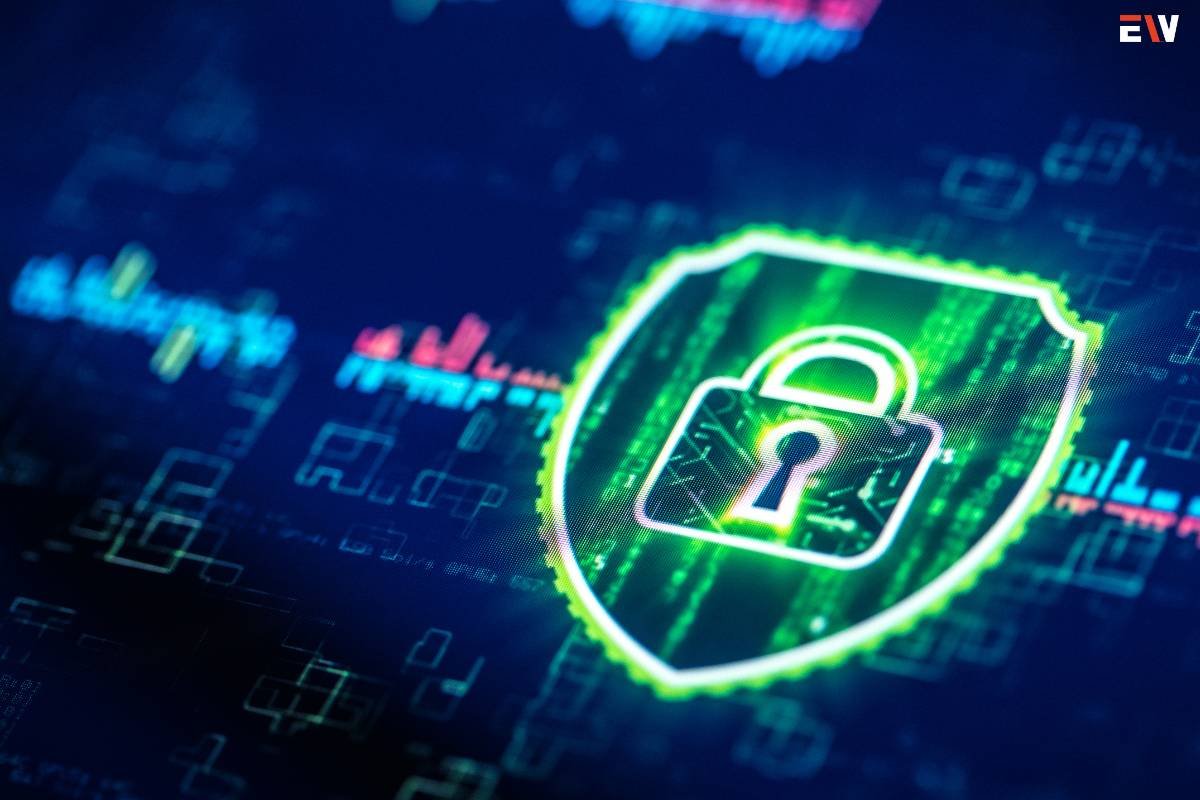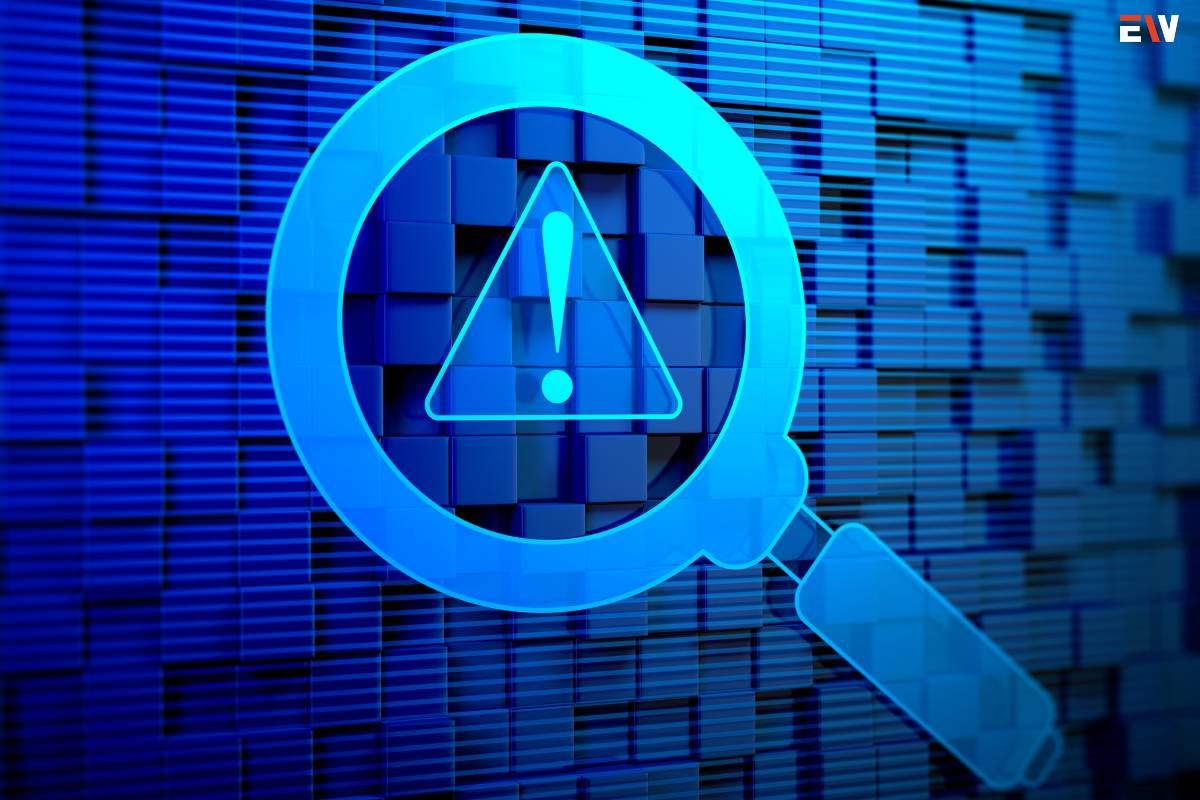As the digital landscape continues to evolve, a groundbreaking frontier is emerging in the form of the Quantum Internet (QI). Representing a paradigm shift in the way information is transmitted and secured, it harnesses the principles of quantum mechanics to redefine the possibilities of connectivity. In this comprehensive exploration, we delve into the fundamentals, potential applications, challenges, and the transformative impact of the Quantum Internet on the future of communication.
Understanding Quantum Internet
1. Quantum Mechanics Basics
The Quantum Internet operates on the principles of quantum mechanics, a branch of physics that explores the behavior of particles at the quantum level. Key concepts include superposition, entanglement, and quantum states.
2. Quantum Bits (Qubits)
Unlike classical bits that exist in a state of 0 or 1, quantum bits, or qubits, can exist in a superposition of both states simultaneously. This property allows quantum computers to perform complex calculations exponentially faster than classical computers.
3. Quantum Entanglement
Quantum entanglement is a phenomenon where particles become interconnected, and the state of one particle instantaneously influences the state of its entangled partner, regardless of the distance between them. This property forms the basis for secure quantum communication.
4. Quantum Key Distribution (QKD)
Quantum Key Distribution utilizes the principles of quantum mechanics to create secure cryptographic keys. The act of measuring a quantum state alters it, providing a means to detect any eavesdropping attempts.
Potential Applications
1. Quantum Secure Communication

QI promises unprecedented levels of security in communication. Quantum Key Distribution ensures that any attempt to intercept communication is detectable, providing a secure foundation for sensitive information exchange.
2. Quantum Teleportation
Leveraging quantum entanglement, quantum teleportation allows the transfer of quantum information between entangled particles over long distances instantaneously. While this doesn’t involve physical teleportation, it enables secure transmission of quantum states.
3. Quantum Computing Collaboration
The QI facilitates collaborative quantum computing efforts. Distributed quantum computers could work together on complex computations while maintaining the security of quantum information exchange.
4. Quantum Sensors and Metrology
Quantum sensors connected through the Quantum Internet could offer unprecedented precision in measurements. Applications include improved navigation systems, gravitational wave detection, and environmental monitoring.
Challenges and Considerations
1. Quantum Decoherence
Maintaining the delicate quantum states of qubits is a significant challenge due to environmental factors. Quantum decoherence, where quantum information is lost to the environment, poses a hurdle in realizing the full potential of the Quantum Internet.
2. Infrastructure Requirements
Building the infrastructure for the QI involves overcoming technical challenges such as creating stable qubits, developing efficient quantum repeaters for long-distance communication, and establishing quantum memory storage.
3. Integration with Classical Networks
Integrating quantum and classical communication networks poses challenges. Protocols and standards need to be developed to ensure seamless interoperability between the QI and existing infrastructure.
4. Quantum Error Correction

Quantum systems are susceptible to errors due to factors like decoherence and imperfect operations. Developing robust quantum error correction mechanisms is crucial for the reliability of quantum communication.
5. Global Standardization
Establishing global standards for quantum communication protocols is essential for widespread adoption. International collaboration is necessary to ensure compatibility and interoperability of Quantum Internet technologies.
Transformative Impact on Communication
1. Unhackable Quantum Security
The QI has the potential to redefine cybersecurity. Quantum communication ensures information is transmitted with an unprecedented level of security, making it virtually unhackable.
2. Revolutionizing Cryptography
QI renders current cryptographic methods obsolete. As quantum computers evolve, traditional encryption algorithms could be easily cracked, necessitating a transition to quantum-resistant cryptographic protocols.
3. Advancing Scientific Collaboration
The Quantum Internet could revolutionize scientific collaboration by enabling secure communication between researchers working on quantum experiments and simulations. This could accelerate breakthroughs in quantum computing, materials science, and more.
4. Enhancing Data Privacy
Quantum communication ensures data privacy by design. The ability to detect any attempt to eavesdrop on quantum communication adds an extra layer of assurance for individuals and organizations seeking to protect sensitive information.
5. Accelerating Technological Innovation
The QI has the potential to drive innovation across industries. From healthcare to finance and beyond, the secure and high-speed communication capabilities of the Quantum Internet could pave the way for transformative applications.
Overcoming the Challenges
1. Quantum Memory and Decoherence Mitigation
Maintaining quantum states for extended periods requires addressing issues related to quantum decoherence. Researchers are actively developing quantum memory techniques, including error correction methods, to preserve fragile quantum information. These innovations aim to extend the coherence time of qubits, making practical quantum communication more achievable.
2. Quantum Repeaters for Long-Distance Communication

Quantum repeaters play a crucial role in extending the range of quantum communication. Unlike classical repeaters, quantum repeaters must preserve entanglement, introducing additional complexity. Progress in developing efficient and scalable quantum repeaters is essential for creating a QI capable of spanning global distances.
3. Hybrid Quantum-Classical Networks
As the Quantum Internet evolves, a transition period involving hybrid quantum-classical networks is likely. Integrating quantum communication into existing classical infrastructure requires robust protocols and technologies to ensure smooth coexistence. Hybrid networks may serve as stepping stones towards fully quantum-enabled communication ecosystems.
The Future
1. Evolving Quantum Ecosystems
The realization of a Quantum Internet heralds a new era in technological ecosystems. Quantum-enabled devices, communication platforms, and applications are poised to redefine the way we interact with information. As quantum technologies mature, a broader spectrum of industries, from finance to artificial intelligence, may harness the unique capabilities offered by the QI.
2. Standardization
Establishing global standards is pivotal for the widespread adoption of QI technologies. International collaborations and efforts to create standardized protocols are essential for ensuring interoperability and a seamless user experience. Standardization efforts are crucial for fostering a cohesive ecosystem across diverse regions and industries.
Societal Impact
1. Ethical Considerations
The Quantum Internet’s capabilities raise ethical considerations, especially concerning secure communication and data privacy. As quantum technologies redefine the boundaries of cryptography, a thoughtful and transparent approach to ethical considerations is necessary. The QI community must engage in ethical discourse to address potential societal impacts and ensure responsible deployment.
2. Educational Initiatives
Demystifying quantum concepts and technologies is vital for fostering a broader understanding and acceptance of the QI. Educational initiatives, workshops, and public outreach programs can contribute to a more informed society, paving the way for a smoother transition to quantum-enhanced communication.
Conclusion
In conclusion, the Quantum Internet stands at the forefront of a technological revolution, promising unparalleled advancements in secure communication and information exchange. While significant challenges lie ahead in terms of infrastructure, error correction, and global standardization, the potential benefits are vast and transformative.










